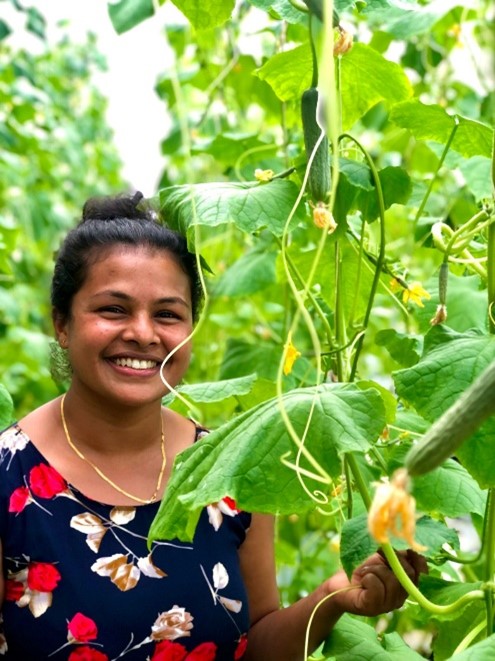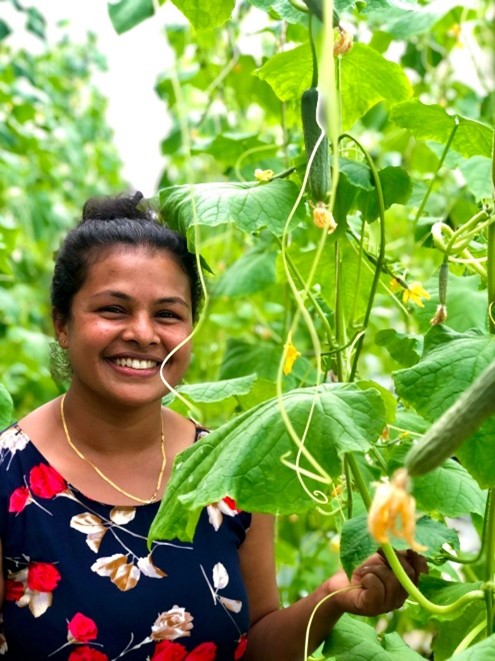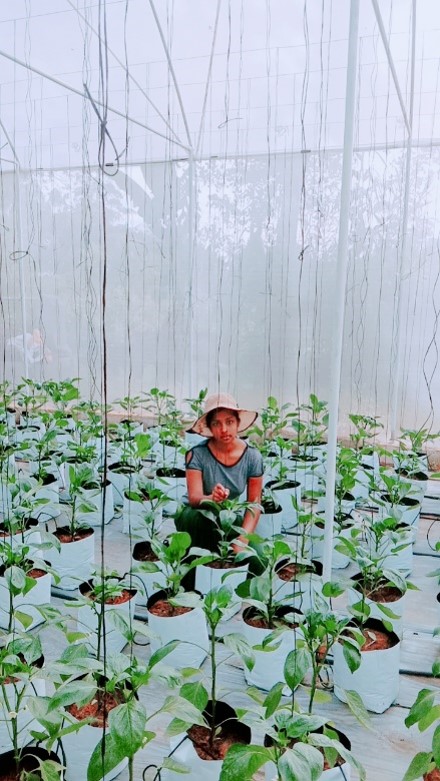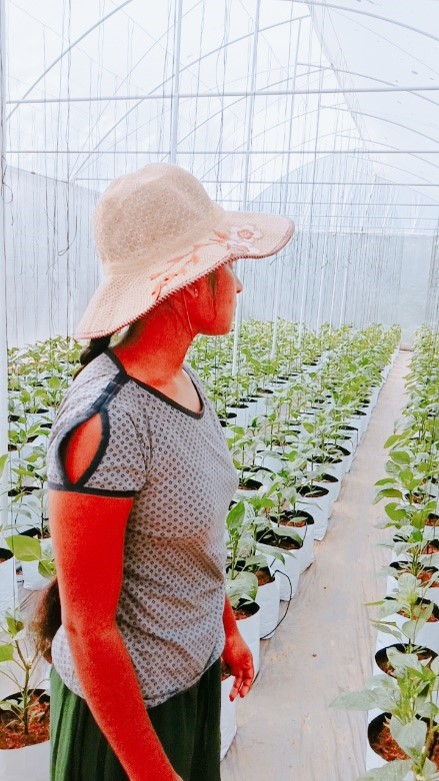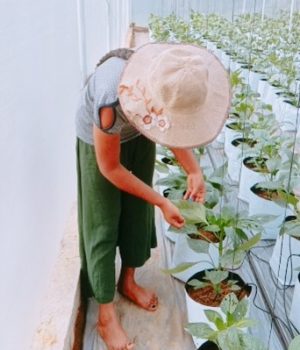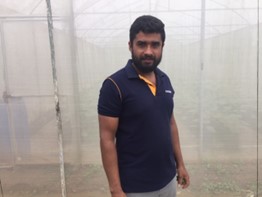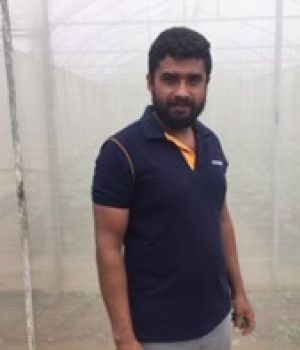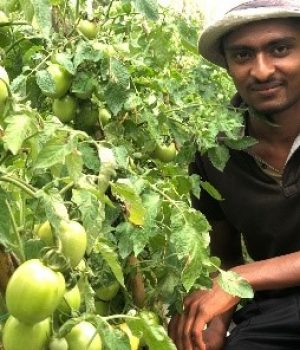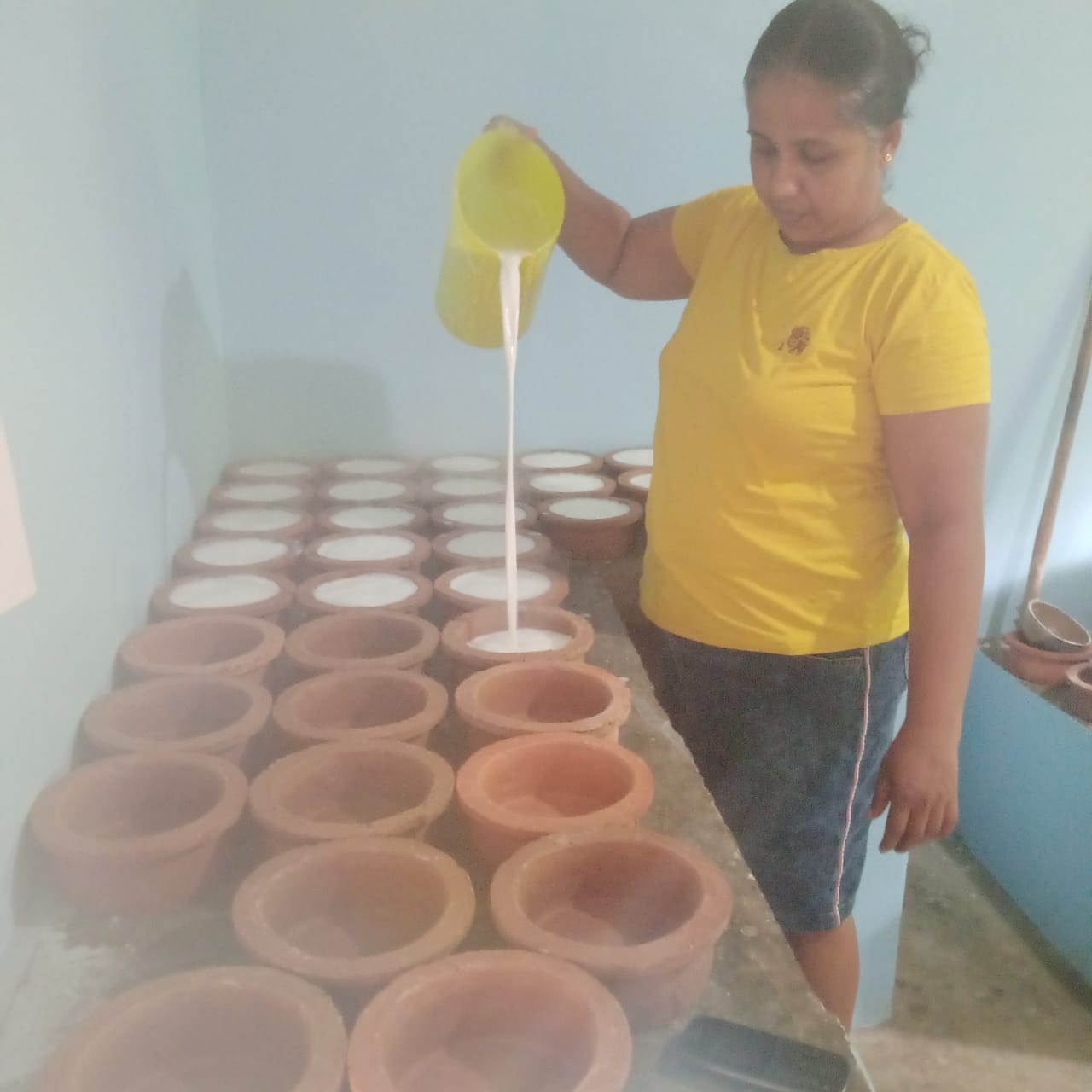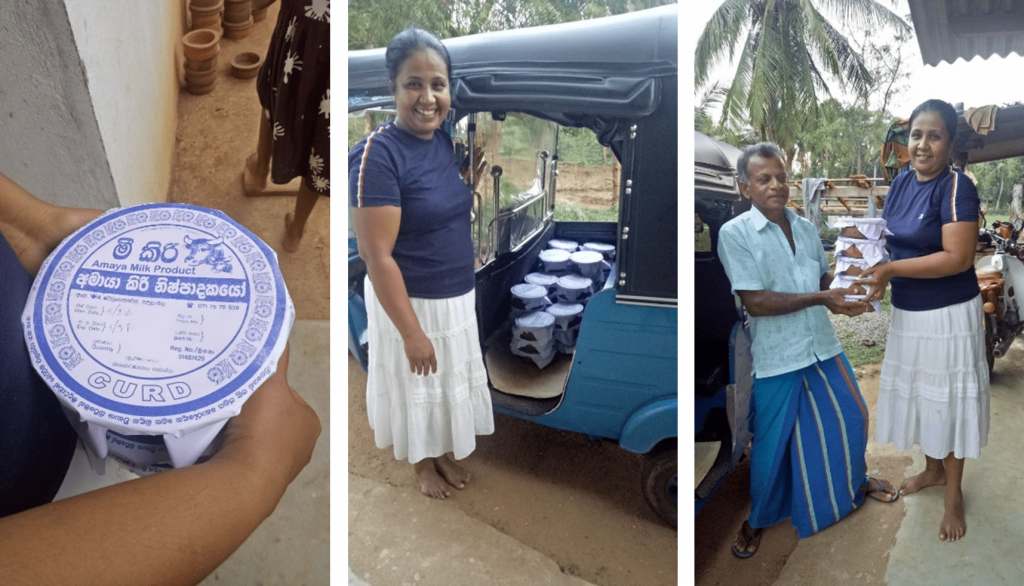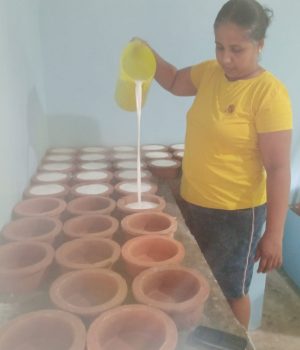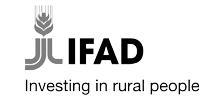Sustainable Water Management in Agriculture: SAPP’s Commitment to a Brighter Future.
Sustainable Water Management in Agriculture: SAPP's Commitment to a Brighter Future.
Water is life; water is food – two undeniable truths that underscore the fundamental importance of water in agriculture. The Smallholder Agribusiness Partnerships Program (SAPP) recognizes the vital role water plays in agriculture and is dedicated to harnessing this resource efficiently for the benefit of everyone involved. In the pursuit of sustainable agriculture, SAPP has initiated various off-farm projects in selected districts where water is the lifeblood of agricultural activities. These initiatives not only optimize water usage but also promote responsible water management, safeguarding this precious resource for future generations.
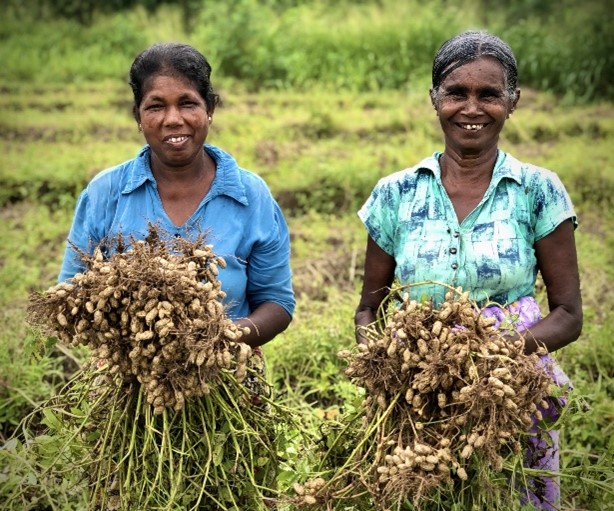
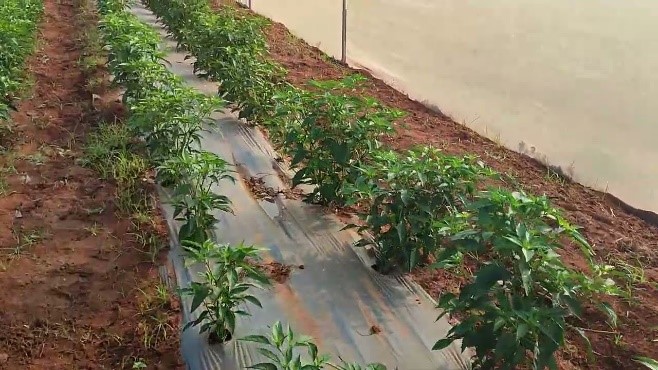
Off-Farm Water Management Initiatives:
SAPP – the Smallholder Agribusiness Partnerships Program, is committed to supporting off-farm development projects that contribute to sustainable agriculture and the well-being of rural communities. To achieve this goal, SAPP offers financial assistance of up to 10 million Sri Lankan Rupees (LKR) for selected off-farm development initiatives.
This significant financial support serves as a crucial resource for local farmers and community members who are looking to undertake projects aimed at improving water management, infrastructure development, and various other endeavors that enhance agricultural practices and livelihoods
SAPP’s funding for off-farm development projects not only facilitates the efficient use of water resources but also contributes to the overall growth and sustainability of agriculture in the selected districts. It underscores SAPP’s commitment to fostering innovation, environmental stewardship, and economic prosperity within the agricultural sector while leaving no one behind.
SAPP has undertaken substantial off-farm water development activities to support farmers in rural areas. These efforts include the renovation and construction of canals, water lines, tanks, and anicuts. These infrastructure improvements not only facilitate proper irrigation but also protect against water wastage and contamination, benefiting local communities. – For instance, the Dimbulagala seed paddy cultivation project witnessed the development of two water canals, improving water access.
– Gonagala turmeric project beneficiaries received sub-distribution water lines, enhancing water availability for their crops.
– The SAPP-Meliban plenty food project led to the development of the Huruluwewa FC6 canal and the introduction of cannels like Thambuththegama D1-FC8,9, and SD2 sub-distribution water canals.
Through SAPP’s support, young entrepreneurs like Mrs. Sanjeewani are able to access the resources and knowledge they need to succeed in agriculture. As a result, they are not only empowering themselves but also encouraging their communities to adopt sustainable farming practices and embrace innovative technologies.
Today, Hiruni is a successful farmer and entrepreneur. Thanks to the support of SAPP and the Green Veg Exports Greenhouse Cultivation Youth Project, Hiruni was able to turn her passion for agriculture into a successful business. Her story is a testament to the power of education, training, and entrepreneurship in transforming the lives of rural smallholders.
Drip Irrigation and Sprinkler Systems :
One of SAPP’s flagship initiatives is the introduction of modern irrigation methods like drip irrigation and sprinkler systems. These technologies enable farmers to water their crops more efficiently, minimizing wastage and maximizing the benefits of every drop. By using these systems, water is delivered directly to the root zone, reducing evaporation and ensuring that plants receive the precise amount of moisture they need for optimal growth.
Poly Mulch for Soil Moisture Retention and conservation of water
SAPP encourages the use of poly mulch, a technique that involves covering the soil with plastic sheets. This simple yet effective method reduces water waste, soil moisture evaporation, enhances temperature regulation, and ultimately conserves water. It is especially beneficial for crops that require consistent soil moisture levels for healthy growth.
Rainwater Harvesting: Recognizing the significance of rainwater, SAPP has introduced rainwater harvesting systems, particularly for greenhouse projects. Farmers are now using water ponds to capture and store rainwater, ensuring a readily available and sustainable source of irrigation for their crops.
Wastewater Management : SAPP understands the importance of responsible wastewater management to prevent land pollution and protect water quality. Through cross-cutting training programs, farmers are educated on best practices for controlling drains and terraces. This proactive approach not only safeguards water resources but also contributes to a cleaner environment.
Promotion of Water-Efficient Crops:
‘’Our community has a long history of paddy cultivation, but it became increasingly apparent that this practice demanded an extensive amount of water, a resource that was not readily available in our region. However, everything changed for the better when we embraced the Smallholder Agribusiness Partnerships Program’s (SAPP) groundnut project. This transformational shift opened our eyes to the fact that groundnut cultivation required significantly less water than paddy farming.
SAPP recognizes that traditional paddy cultivation can be water-intensive. To address this, SAPP introduced groundnut cultivation for dry areas, a crop that requires significantly less water. This diversification allows farmers to reduce their reliance on water during the Yala season, thereby mitigating water scarcity issues.
In conclusion, the Smallholder Agribusiness Partnerships Program (SAPP) is committed to ensuring that water resources are used efficiently and responsibly in agriculture. By implementing innovative technologies, promoting sustainable practices, and supporting off-farm water infrastructure development, SAPP is not only securing the future of agriculture but also benefiting rural communities and the environment. SAPP’s holistic approach to water management demonstrates that water is indeed life, and through responsible stewardship, it can continue to nourish both the land and the people who depend on it. Leave no one behind – a motto that reflects SAPP’s dedication to a brighter and more sustainable agricultural future for all.

